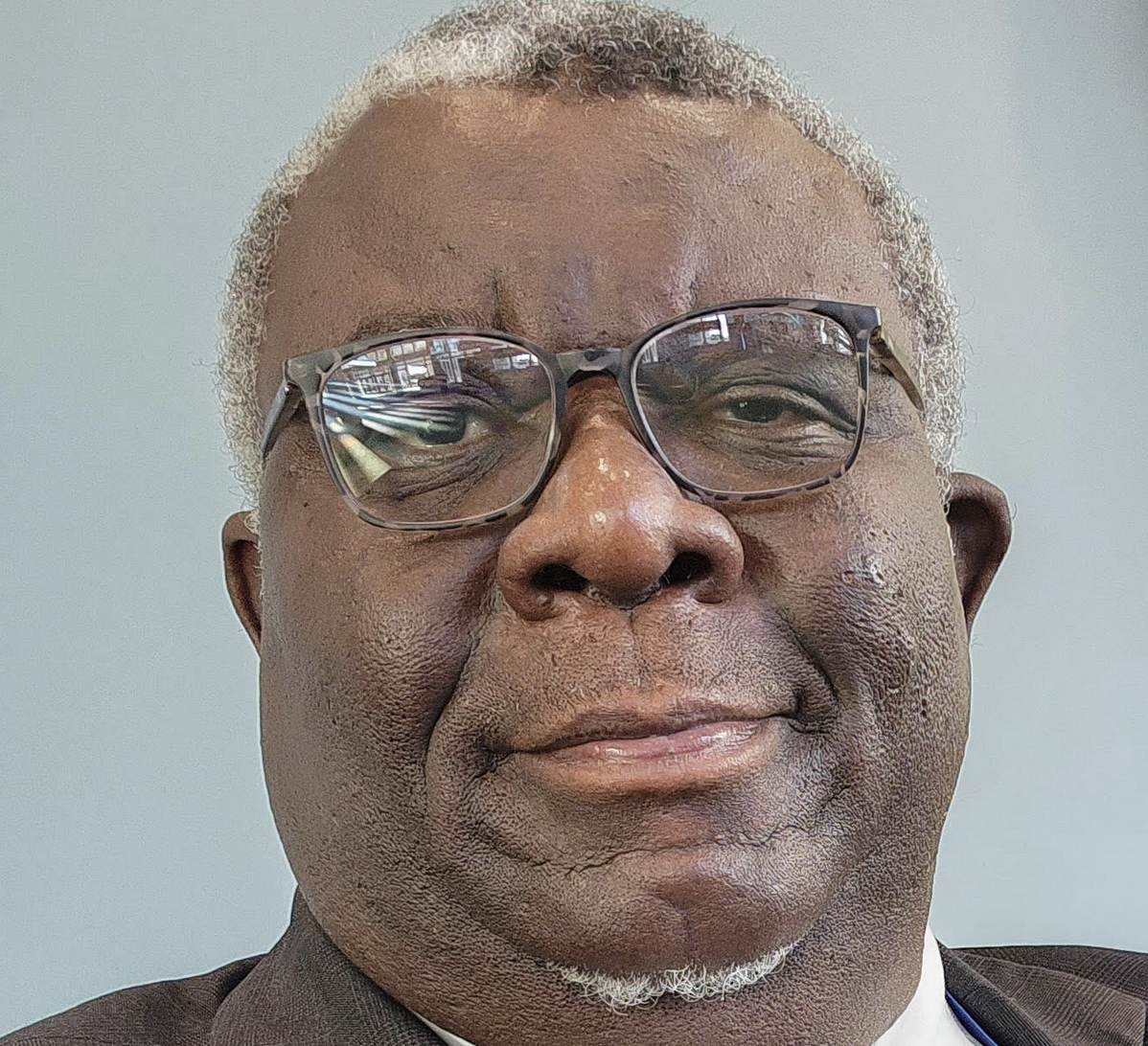Submitted by Tee White
Much of the discussion going on in Barbados today about the current situation in the country tends to ignore both the historical and international context. However, it is very difficult to make sense of the current situation without taking these into account.
From a historical point of view, the origin of modern Barbados can be traced back to 1627, when the rising English merchant class and their aristocratic backers took control of the island and established it as a cog in Britain’s growing imperial economy. Its sole role in this relationship was, through various forms of forced labour and slavery, to generate wealth which would, in the main, be transferred to Britain for consumption. Therefore by the early 1920s, after 200 years under capitalism as slavery and 100 years under capitalism as colonial apartheid, the mass of working class Bajans, who were mainly the descendants of the enslaved Africans, were living in utter poverty and degradation. Mary Chamberlain in her book, Empire and Nation-Building in the Caribbean: Barbados, 1937-1966, points out that “wages in Barbados were the lowest in the region, ….. Barbados was one of the poorest of the British West Indian colonies…… public health was ‘peculiarly deplorable’…and Infant and child mortality were at devastating levels”. Even the British government’s Moyne Commission reported that in 1937, Barbados had the highest infant mortality rate and the second lowest number of government doctors per 100, 000 of the population in Britain’s Caribbean colonies.
It was in order to address these deplorable social conditions that the then generation of Bajans developed the early trade unions and political parties. With the winning of universal suffrage in 1951, there emerged a historic compromise. The old plantocracy, both local and foreign, were guaranteed their continued control of the island’s economy, while the new black governments of the BLP and DLP carried out social reforms to raise the standard of living of the mass of Bajans. These reforms in the fields of education, health care, public transport, public health and social welfare, coupled with the economic benefits of emigration, had a significant impact on the standard of living of most working class Bajans. They were possible because they took place against a background in which the ‘social welfare state’ was the dominant form of management of global capitalism. This approach rejected the 19th century free market arrangements where only the capitalists were considered as having a legitimate claim on the society’s wealth and where for the workers it was ‘every turkey fuh he own craw’. Those who failed to make it in this cut throat approach would have to fall back on the charity of the rich or go over the cliff. The social welfare state rejected this concept and in its place declared the responsibility of the society towards its members ‘from the cradle to the grave.’
Today, the international context has changed significantly. Neo-liberalism has emerged now as the dominant means of organising global capitalism. Its main characteristic is restricting the claim of the working class on the wealth they produce so that more can be funnelled to the rich and super rich. It amounts to robbing the poor to pay the rich. Workers wage levels are frozen or cut under austerity programs, workers are sacked and left jobless, tax cuts are brought in for the rich, social welfare programs which benefit the mass of people are cut or abolished, public utilities are turned into money making opportunities for the rich through privatisation and government contracts to private firms become a new form of corporate welfare. The aim and net effect of these reforms are to erode the standard of living of the working people and, wherever they are applied, there is a deepening of social inequality, with its resultant social despair, frustration and crime.
The point that we need to recognise is that the old model of economic and social development that Barbados has experienced over the last 80 or so years is over. This is the nub of the issue. The neo-liberal economic model demands the step by step shredding of the social welfare arrangements to which the country has become accustomed. Despite the claims of the IMF, this is not a temporary arrangement to help the country get back on its feet, but is intended as a permanent setup in which the standard of living of ordinary Bajans is reduced. All over the world, working people are beginning to voice their opposition to this direction of travel. The question is when will Bajans join in.




The blogmaster invites you to join the discussion.